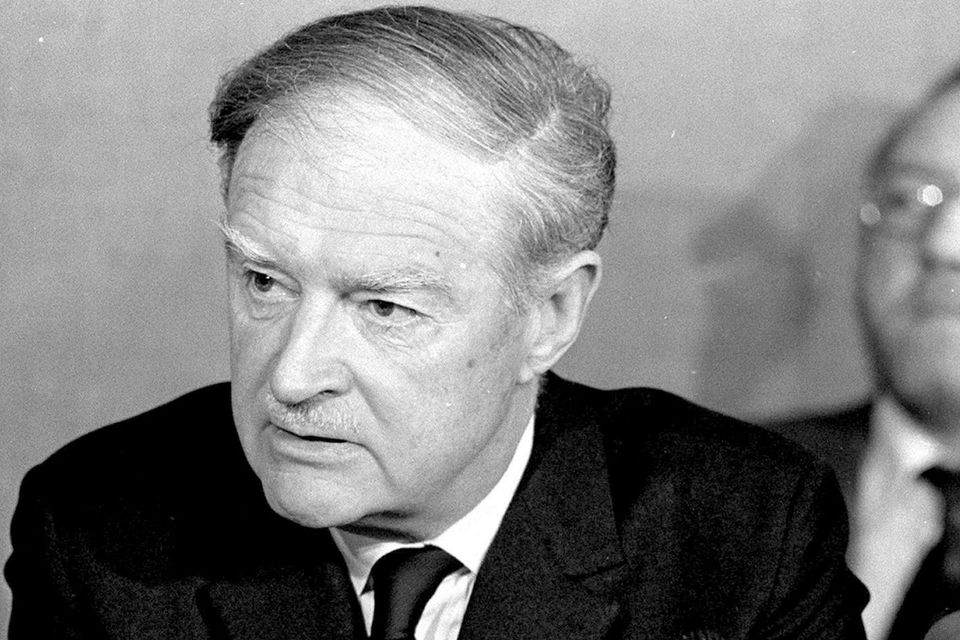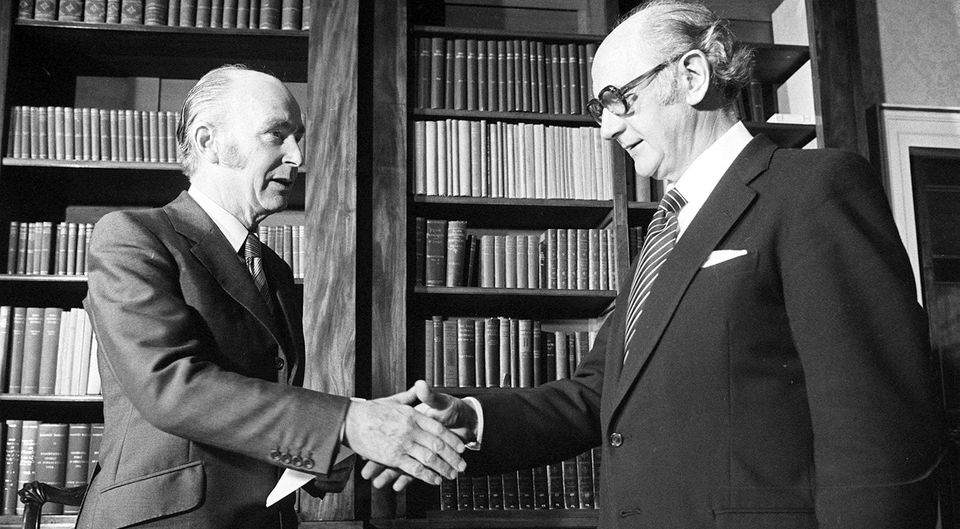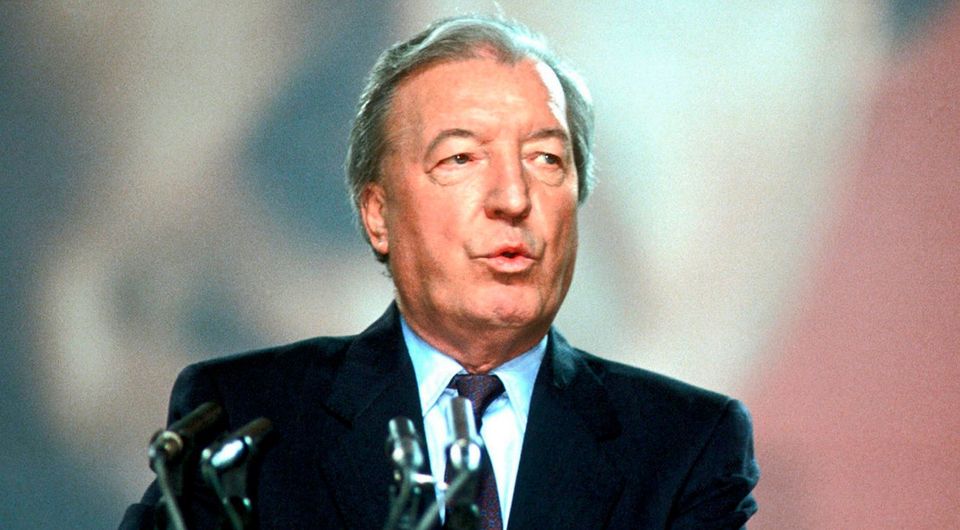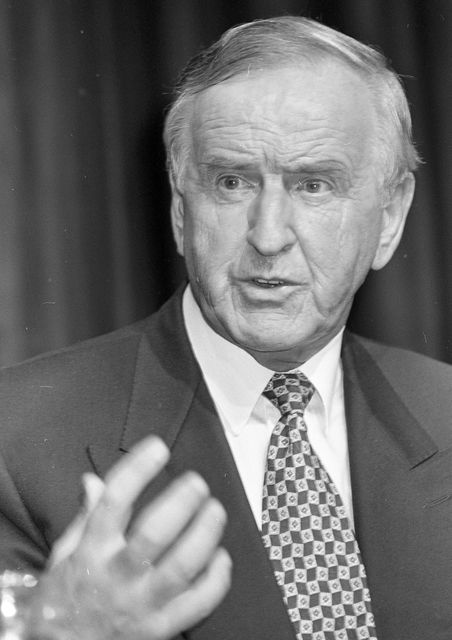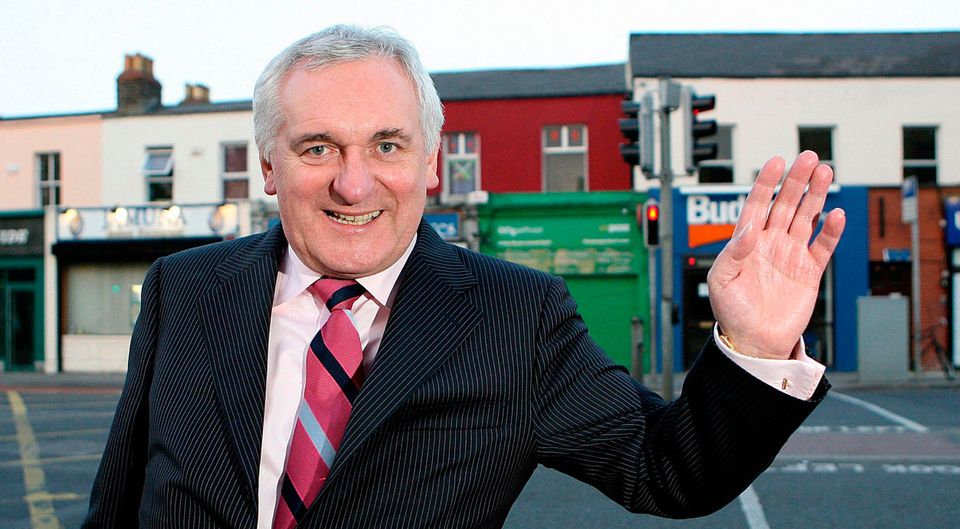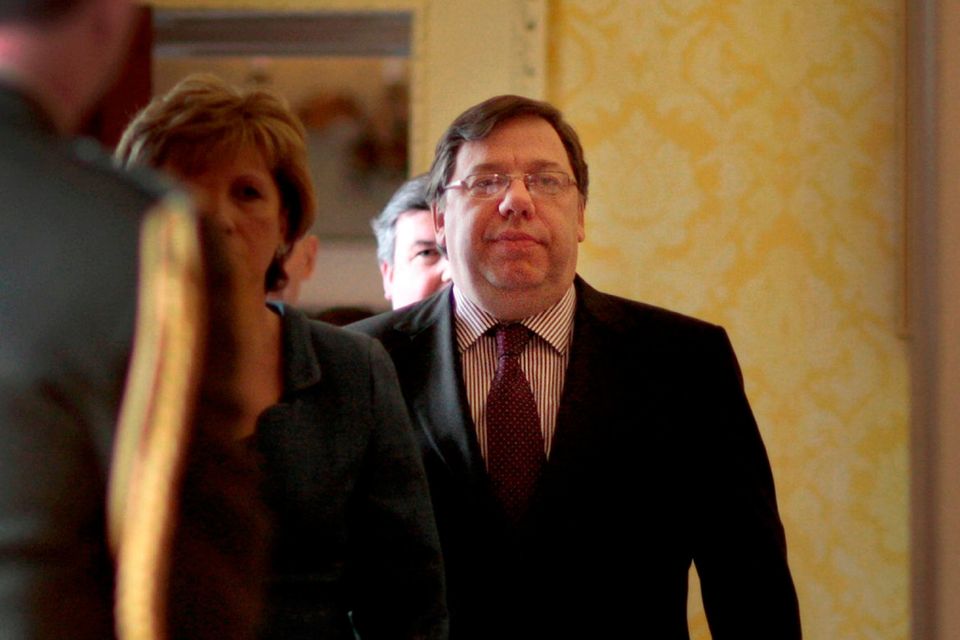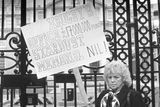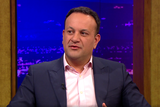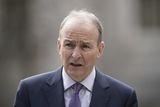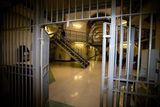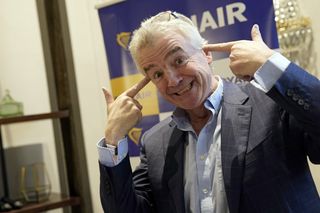Happy exits? They just don't happen
Forty years of history teaches us that 'unhappy exits' from Government Buildings are the norm
Former Taoiseach Liam Cosgrave in 1977
Liam Cosgrave (1977) - The Fine Gael Taoiseach Liam Cosgrave surprised everyone by calling a snap election in May 1977, nine months ahead of the Dáil's end.
He and Labour Tánaiste Brendan Corish felt their coalition would win and journalists agreed.
Ten days into the campaign, Mr Cosgrave was given an opinion poll result which showed rivals Fianna Fáil on 59pc. Rising star Garret FitzGerald asked: "Can we undissolve the Dáil?"
Mr Cosgrave erred in the campaign message, stressing economic stability and law and order against IRA threats.
Fianna Fáil offered a series of big voter bribes which would eventually bring the country to the verge of bankruptcy.
Jack Lynch's Fianna Fáil gained 16 seats, taking them to a total of 84. It was the biggest win until Fine Gael under Enda Kenny in February 2011.
Jack Lynch returns his seal of office to president Patrick Hillery
Mr Cosgrave, aged 57, quit as Fine Gael and left politics in June 1981.
JACK LYNCH (1979)
His record 21-seat landslide general election win for Fianna Fáil, in June 1977, seemed a lifetime away when he was forced into quitting earlier than planned in December 1979, aged 62. Like Enda Kenny, Mr Lynch had said he would not lead the party in the next general election.
Disappointing local and European election results in June 1979 were compounded by the loss of two by-elections in his Cork city stronghold.
Charlie Haughey
He was under severe pressure over security co-operation with the North, with some party TDs questioning his "republican credentials".
The shadow of a conspiratorial Charlie Haughey, sacked in 1970 over an IRA arms importation controversy, but rehabilitated in 1975, hung over his latter years.
Mr Lynch quit in the hope his supporter George Colley could defeat his rival Mr Haughey.
Two days later, Mr Haughey was elected leader.
Albert Reynolds in 1994.
CHARLIE HAUGHEY (1992)
The great survivor across five decades came through the 1970 Arms Trial and a series of Fianna Fáil leadership heaves against him in the early 1980s.
But as the first Fianna Fáil leader forced to form a coalition and lose a presidential election, the beginning of the end came in 1991 after big local election losses. There were a series of controversies about the links between business and politics.
The first move came in autumn 1991, when four TDs issued a statement and Albert Reynolds led a failed heave.
The end came in January 1992 when Mr Haughey's old ally Seán Doherty said Mr Haughey had known back in 1982 that journalists' phones were being tapped.
Bertie Ahern after his resignation in 2011. Photo: PA
His coalition allies, the Progressive Democrats, said it was Mr Haughey or the coalition. In his Dáil farewell, Mr Haughey quoted Shakespeare's 'Othello': "I have done the State some service; they know't. No more of that."
ALBERT REYNOLDS (1994)
"You cross the big hurdles and when you get to the small ones, you get tripped," Albert Reynolds famously said in November 1994 as his 33-month term as Taoiseach was drawing to an end.
The hurdle was a bitter controversy about appointing former attorney general Harry Whelehan as High Court president, and the way Mr Whelehan's office had dealt with the case of paedophile priest Brendan Smyth.
Labour, Fianna Fáil's coalition partner, opposed the appointment. When Reynolds forced the issue, Labour withdrew from cabinet in protest.
The coalition partners' breakdown in trust deepened further with more revelations about paedophile cases. The real break dated back to July 1994 and the handling of publication of the Beef Tribunal, which Mr Reynolds argued "exonerated" him.
Brian Cowen at Áras an Uachtaráin to dissolve the Dáil in 2011. Photo: David Conachy
Mr Reynolds resigned shortly afterwards, making his announcement in the middle of a no-confidence motion tabled by Fine Gael. "I'm straight up. I tell it as it is. That's me," he said.
BERTIE AHERN (2008)
The 'Teflon Taoiseach' had won a modern record of three consecutive government terms and seemed to have reunited a Fianna Fáil party that was fractured for 30 years. He presided over full employment in the country's biggest ever economic boom and helped deliver peace in the North.
Even startling revelations about financial "dig-outs" by the Mahon Tribunal in autumn 2006 could not stop him battling through to win his third general election in May 2007.
A direct television appeal to the public about his broken marriage and family pressures succeeded and he got a "fool's pardon".
But soon after his return to Government Buildings things started to go from bad to worse with Mahon Tribunal revelations soaking up increasing amounts of energy and media attention. His coalition partners, the Green Party, had to say it could not support him. In April 2008, he announced he was stepping down.
BRIAN COWEN (2011)
Brian Cowen's takeover from Mr Ahern on May 7, 2008, briefly got himself and his party record popular approval ratings in opinion polls. But things started to go badly wrong within a month with the loss of the EU Lisbon Treaty referendum in June.
The bank guarantee, in a vain effort to stave off a banking collapse, in September 2008 presaged a total financial meltdown.
The profligacy of the Ahern era, of boom-fuelled excessive spending, left Ireland most vulnerable to a fierce global recession.
Mr Cowen was forced into savage spending cuts which became worse when his government was obliged to surrender economic sovereignty with the EU-IMF-ECB Troika bailout in November 2010.
The final break came in a ham-fisted effort to bring in new ministers amid talk of stretching the government term into summer. The Green Party quit the coalition.
Mr Cowen then stood down as Fianna Fáil leader, but briefly stayed on as Taoiseach. He announced he was quitting politics and fixed an election for February 25, 2011. It all ended a most ill-starred term at Government Buildings.
Join the Irish Independent WhatsApp channel
Stay up to date with all the latest news
